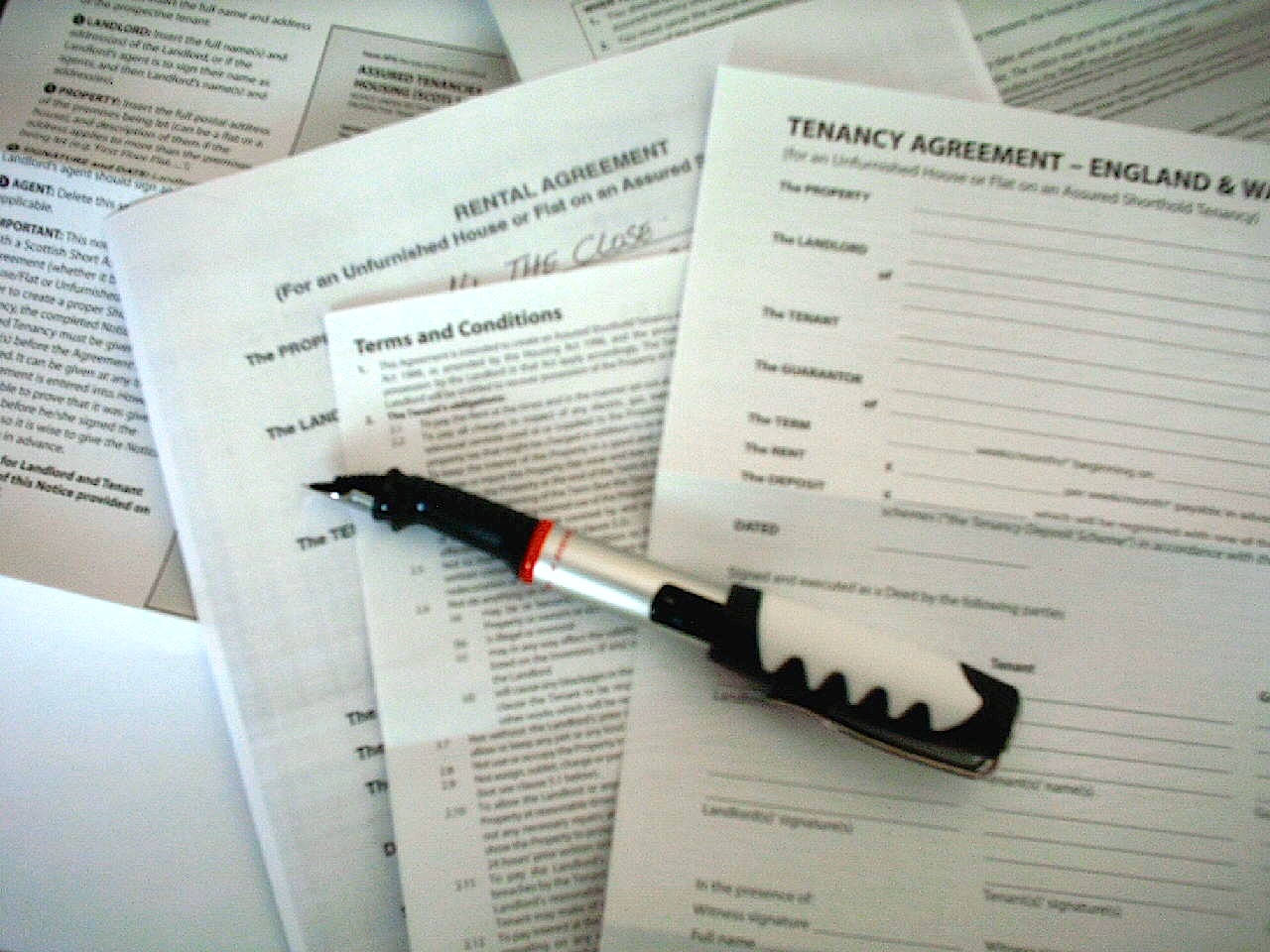It can be hard to find an apartment in New York City, but especially difficult in Manhattan. Just finding an available apartment in the neighborhood you want and with the features you need is tough enough. Finding one of those that you can afford can be really, really tough.

Photo: CC 2.0/Nobmouse
Can You Negotiate Rent?
Is it possible to negotiate your rent down in Manhattan (or anywhere else, for that matter)? On one hand, a lease is just a contract – and like any other contract, many of its terms, including rent, can be negotiated if the parties are willing. On the other hand, Manhattan rentals are in high demand, so landlords don’t need to negotiate if they don’t want to.
So if you find your dream place but can’t quite afford it (or if you’d just like to pay a little less for it), what should you do? You should ask if there’s any room to negotiate. That doesn’t mean you always have to ask for a lower rent; as you’ll see below, there are other things you can ask for that may lower your aggregate cost of living, and if you can be creative you might find a deal.
Items to Negotiate in a Manhattan Lease
First, remember that a lease has several terms (both economic and non-economic) that can affect your total rent and are often negotiable. This often occurs in the form of rent concessions, like “first month free”. You should always ask if there are any concessions, especially if you’re looking at an apartment in a luxury high-rise (these kinds of buildings will often make concessions to get apartments rented quickly). Concessions aren’t uncommon; in February 2014 some 19% of all apartments listed on RentHop offered a rent concession of some form.
Even if there are no explicit rent concessions, you may be able to get the landlord to waive certain fees or provide additional services that you’d otherwise have to buy. Will the landlord let you use the attached storage unit? Maybe she’ll waive the pet fee. Or perhaps they’ll agree to fix or replace old appliances or repaint the apartment. While you may not be able to negotiate your rent in Manhattan, you may find wiggle room with other costs.
Second, consider what’s important to the landlord. Landlords want high rent, but they also want their apartments occupied by tenants who don’t cause trouble and who pay on time. Could you offer to extend the lease an extra year or other period in return for a lower rent (or a below-market rent increase between the first and second year)? What about offering additional security up front? Each of these will give the landlord additional security while giving you some cost certainty.
Additional Negotiating Tips
Keep the following tips in mind when you’re ready to negotiate:
Know the Market
RentHop’s average rents pages provide general market knowledge. You can learn the average rent in your neighborhood, and for your particular room size. This way, you’ll know when an apartment has an overpriced rent. In this case, you’ll have more leverage to negotiate a lower rent, especially if you’re a desirable tenant.
You can also conduct a quick search on RentHop to see if there are a ton of units nearby. If the neighborhood has overflowing inventory, your landlord may be more desperate to fill a vacancy. In a tight neighborhood with little availability, you may have less negotiating power.
Be Prepared to Move Quickly
Make sure you’ve got all the documents you need for your application and have made any other arrangements you need to make (e.g., guarantor). This makes you easier to deal with and gives the landlord the sense that you will be an organized, good tenant – the kind they should make a deal in order to have.
Read the Lease
Have a good handle on what the lease requires each side to do, and on the concessions you can and can’t (or won’t) make to get a lower rent.
Ask Politely
It’s amazing what you can get if you’re friendly about it.
Good luck!
Additional Resources
In case you missed it, we’ve got a post on the comparative costs of living across New York’s boroughs.
Also, want to see the apartments we featured in last week’s newsletters? They’re right here (and going fast!).
Editor’s Note: We updated this article to enhance readability.




